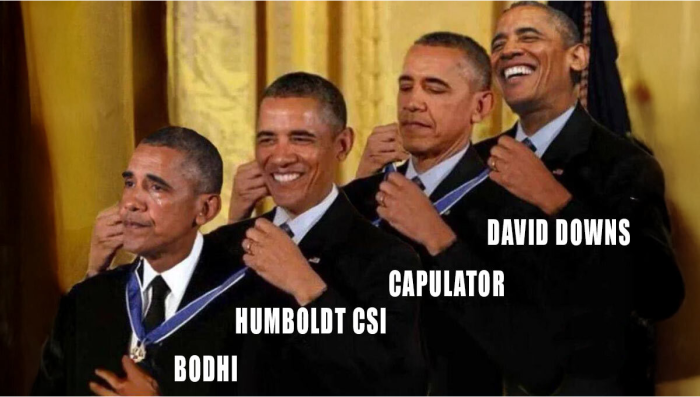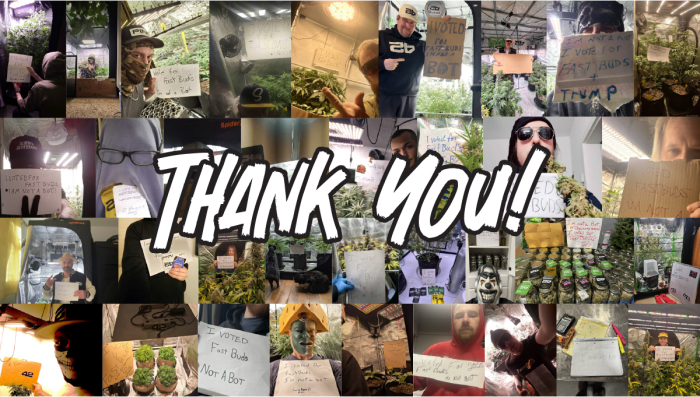Calls for Cannabis Reform in the UK as New Initiatives Get Passed in the US

An independent review recently published by Professor Dame Carol Black uses such strong language as ‘disturbing,’ ‘shocking’, and ‘not fit for purpose’ while describing the UK government's current drug policies.
Commenting on this report and the situation with the war on drugs in the country in general, a cannabis reform advocate says that refusal to legalize and regulate production, distribution, and sale of the substance plays directly into the hands of criminal gangs who make billions selling illicit drugs on the streets.
Pete Reynolds, who is the executive director of CLEAR, the oldest and largest cannabis reform organization in the UK, also believes that the declared goals of discouraging the use of drugs and reducing their harm to society are as far from being met as ever.
Barely on the Government’s Radar Despite Growing Support
In 2018, the country made tremendous progress legalizing cannabis for medical purposes, and the move was hailed as an important step on the road to finally ending the decades-long cannabis prohibition. However, the process has since come to a halt.
The seeming complete lack of interest for further reform among politicians is in stark contrast with the growing public support. According to a recent YouGov poll, as many as 52% of people in the UK believe the recreational use of the substance should be legalized. Reynolds, who has been campaigning for liberalization of cannabis laws since the 1970s, says that 10 years ago they could count on 10 MPs as the supporters for the cause and now there are more like 300. Somehow, all this doesn’t translate into action.
While any proposal to change the failed policy to something more sensible is met with the authorities’ promise to crack down on drug supply even more relentlessly, critics say this could only continue to do more harm.
One of the groups most seriously hurt by prohibitive policies are disabled people who are often left behind the medical cannabis programme and go on purchasing their medicine illegally, thus endangering themselves and risking criminal prosecution at the same time.
Another group bearing the injustice of punitive laws are Black communities. Though no more likely to be cannabis smokers than Whites, Black Britons are 9 times more likely to be stopped and searched, with drug possession cited as the most common reason. This is catastrophic for the way police are viewed in BAME communities, with law enforcement seen as just another layer of persecution.
Thousands of Those Cited for Marijuana Possession Pardoned in New Orleans
Racial bias in enforcement of drug laws was one of the main reasons why the city of New Orleans, Louisiana, decided to pardon over 10,000 people with court summons for marijuana possession. Moreover, the City Council has announced automatic pardons for future offenders.
While 60% of New Orleans’ population are Black, statistics show that about 86% summonses issued last year were to African Americans. Council members decided that this situation needs to change and voted for a move that comes as close to legalizing the substance as possible.
Smoking marijuana outside private residences will still be forbidden, but the offenders will be fined for public smoking only, without any mention of drug use. Louisiana legislators discussed two legalization bills this last session but failed to pass any of them.
The North Carolina Cherokee Tribe Legalized Medical Marijuana
The tribal council of the Eastern Band of Cherokee Indians has allowed growing, selling, and using medical cannabis on their territory in North Carolina. Being a sovereign nation, the Cherokee work with the state and federal governments but have their own laws.
Principal Chief Richard Sneed said Thursday that this decision is just the first step toward building a medical marijuana program. It’s not immediately clear when the cultivation will commence or when the medicine will be available for sale. According to the ordinance, qualified patients will be issued a card that will allow them to buy no more than one ounce of marijuana per day at a dispensary and that monthly purchases should not exceed six ounces per month.
Pittsburgh Assigned Four Zones for Recreational Marijuana Shops
The Pittsburgh City Council decided that four city zones, both of the commercial and light industrial kind, can have a broader range of cannabis-related businesses. This includes retail outlets, cultivation facilities, and microbusinesses.
The authorities anticipate that, on average, each recreational marijuana dispensary will generate between $550,000 and $650,000 (£396,000–468,000) annually in taxes. Part of the revenue will go to the city’s general fund for council members to decide where to spend the money.
While this new stream of revenue is enticing, the Council agreed that new businesses should not become a public nuisance and added a protection for places of worship. According to the new rule, marijuana shops cannot be closer than 600 feet from churches. Earlier, only parks, libraries, schools, youth, and daycare centers have been protected.









Comments